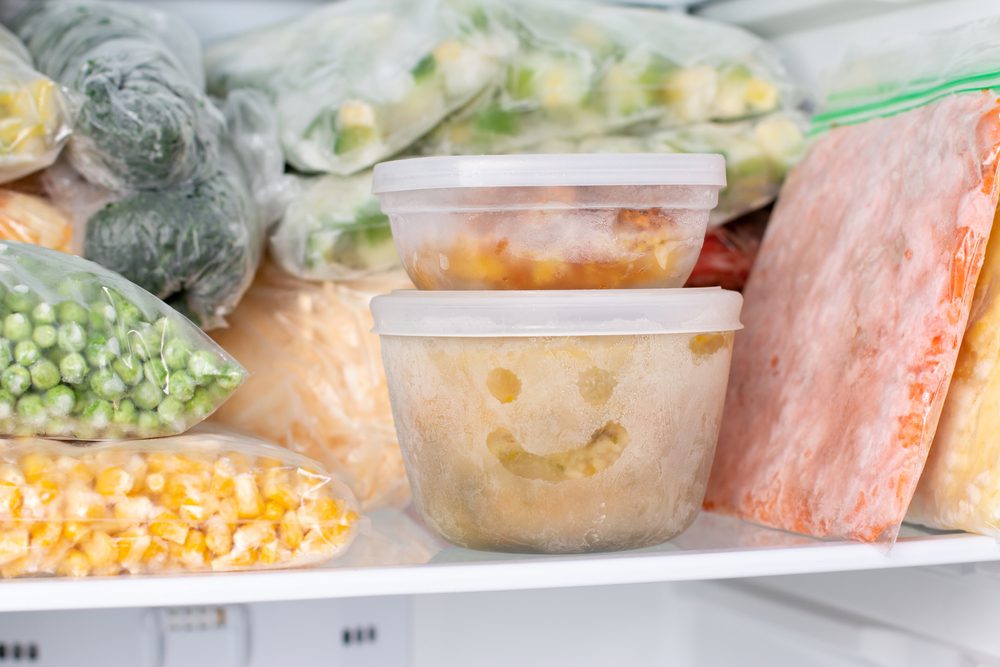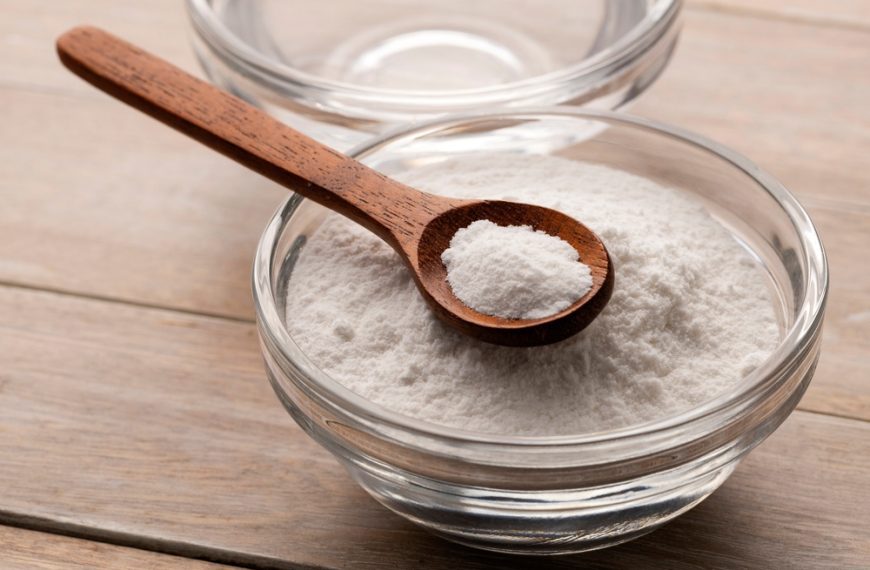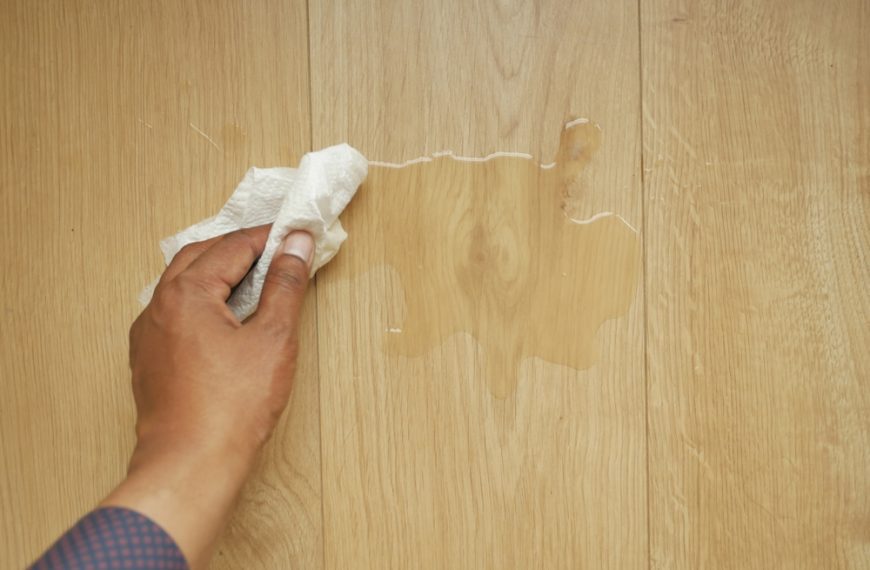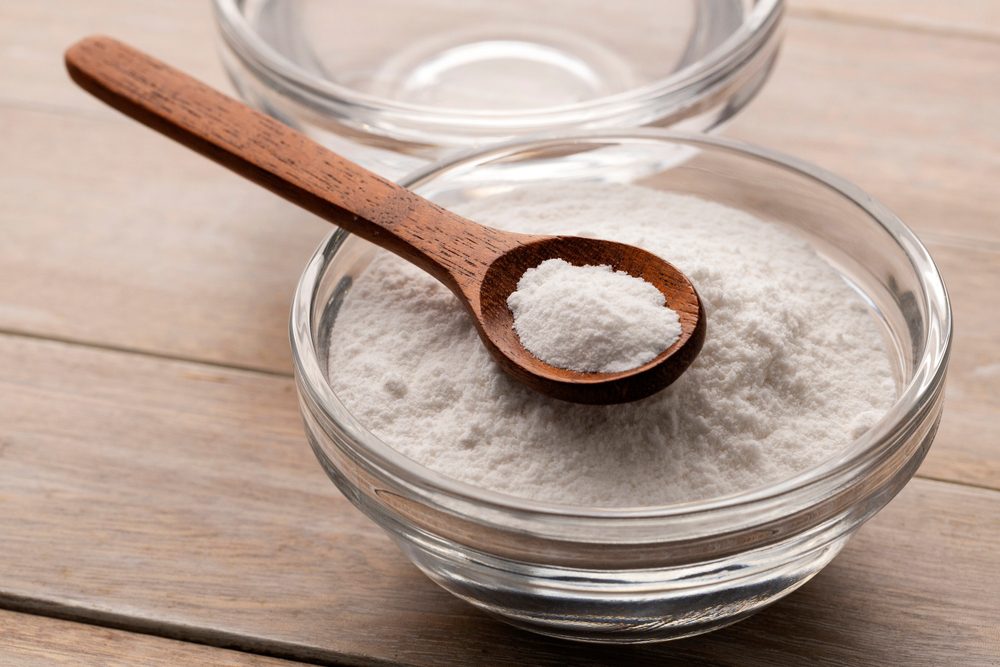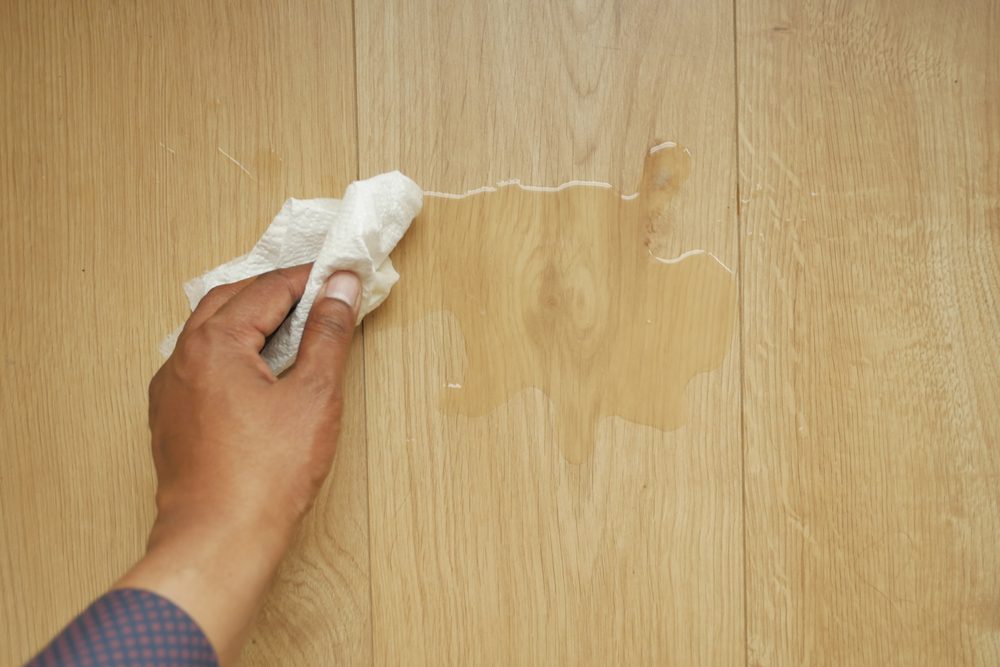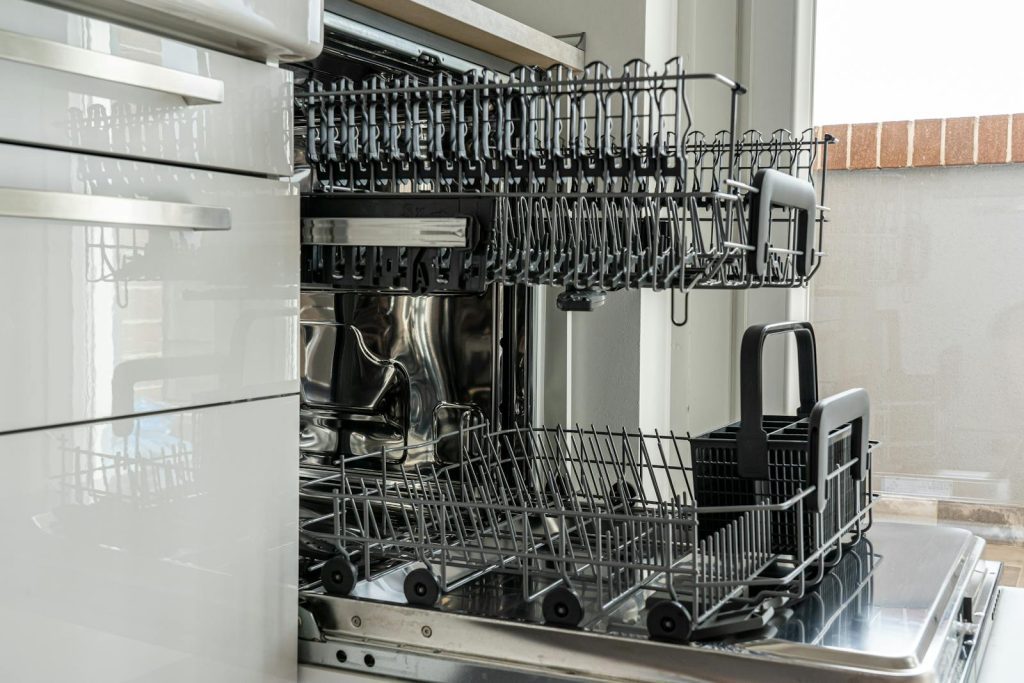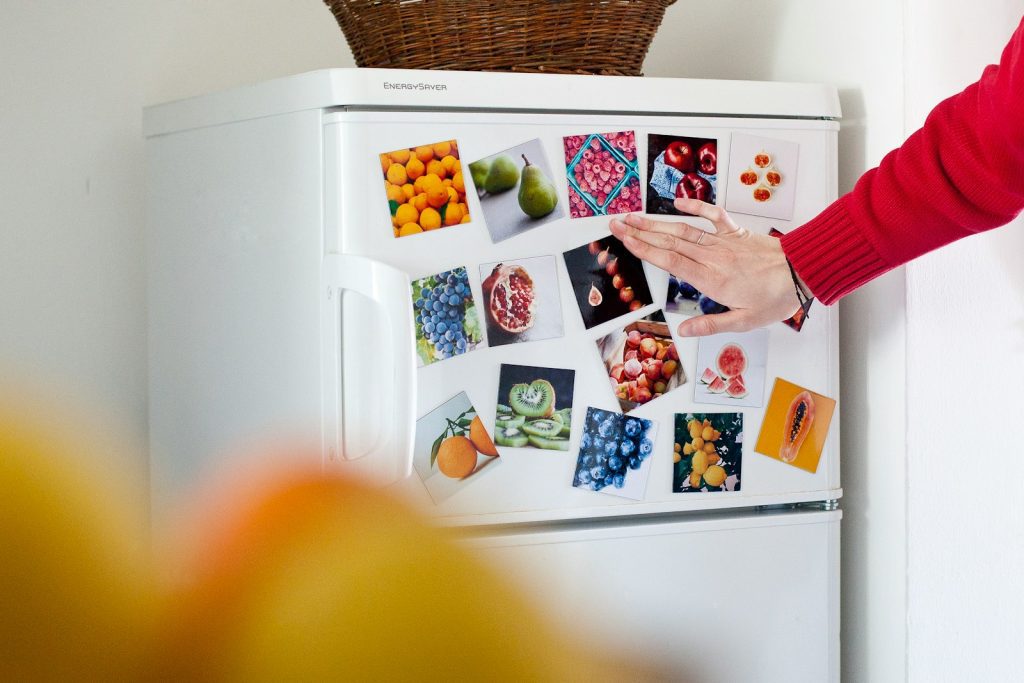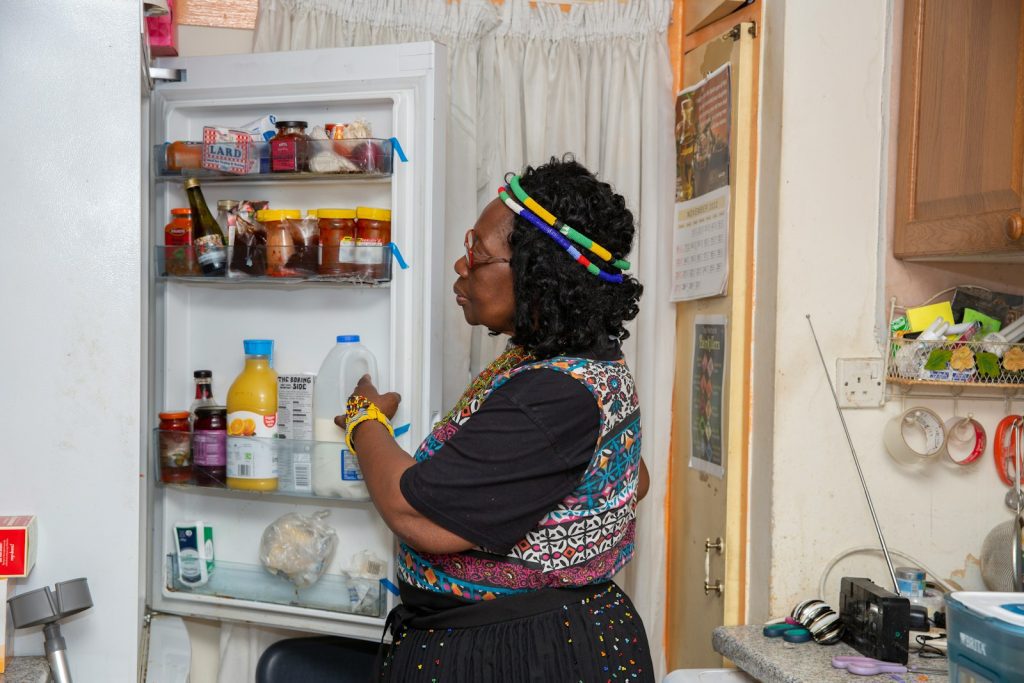Freezing is a great way to keep food fresh for longer, but not everything fares well in the freezer. Some foods can change in texture, flavor, or even become unsafe to eat after freezing. Knowing which items to avoid freezing can save you time, money, and frustration.
Understanding what you should never freeze helps you maintain the quality and safety of your meals. By being mindful of these foods, you can make better choices about storage and enjoy your food at its best.
Lettuce and leafy greens
You might be tempted to freeze lettuce or other leafy greens to make them last longer. However, these vegetables have very high water content. When frozen, the water expands and breaks down their cell walls.
This leads to limp, soggy leaves that lose their crisp texture. If you thaw frozen lettuce, it won’t be good for fresh salads. Instead, use leafy greens fresh or in cooked dishes like soups or smoothies where texture matters less.
Whole eggs in the shell
You might think freezing whole eggs in the shell is a good idea, but it’s not recommended. When eggs freeze, the liquid inside expands. This can cause the shell to crack, which lets bacteria in.
If the shell cracks, the egg can spoil quickly once thawed. Even if the shell stays intact, freezing changes the texture of the egg inside.
It’s better to crack eggs open and freeze just the yolks and whites if you want to store them. This way, you avoid mess and keep the eggs safe to eat later.
Soft cheeses like brie and cream cheese
You might think freezing soft cheeses like brie or cream cheese is a good way to keep them longer. But these cheeses have high moisture content that changes when frozen.
Once thawed, soft cheeses often become crumbly or watery. The texture you love can turn grainy or separated, which can affect how they taste and feel.
If you do freeze them, use airtight containers to reduce freezer burn. Still, they’re best used in cooked dishes after freezing, where texture matters less.
Cooked pasta or rice
You might want to freeze your leftover pasta or rice, but it usually won’t hold up well. When thawed, cooked rice tends to become dry and crumbly, while pasta often turns mushy.
If freezing is necessary, undercook your pasta or rice slightly. Toss pasta with a bit of oil before freezing to help keep its texture.
A smarter approach is to freeze sauces or curries separately and cook fresh pasta or rice when you’re ready to eat. It keeps your meal tasting much better.

